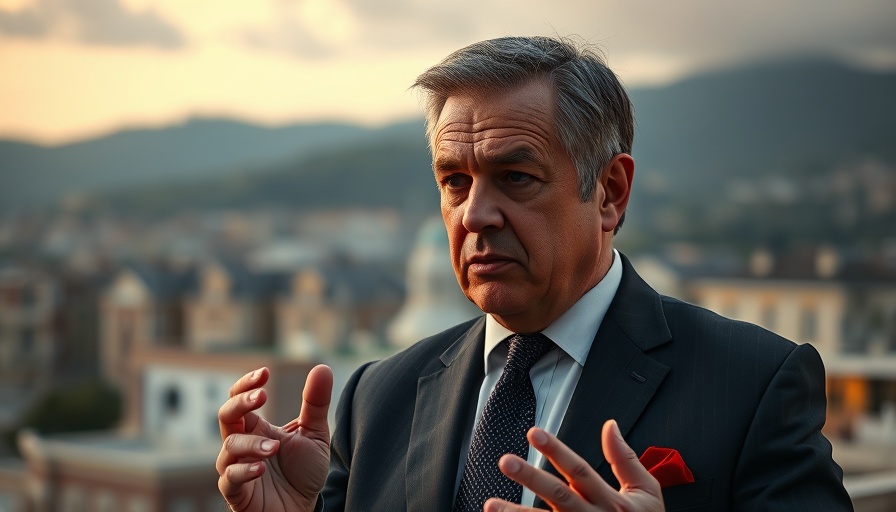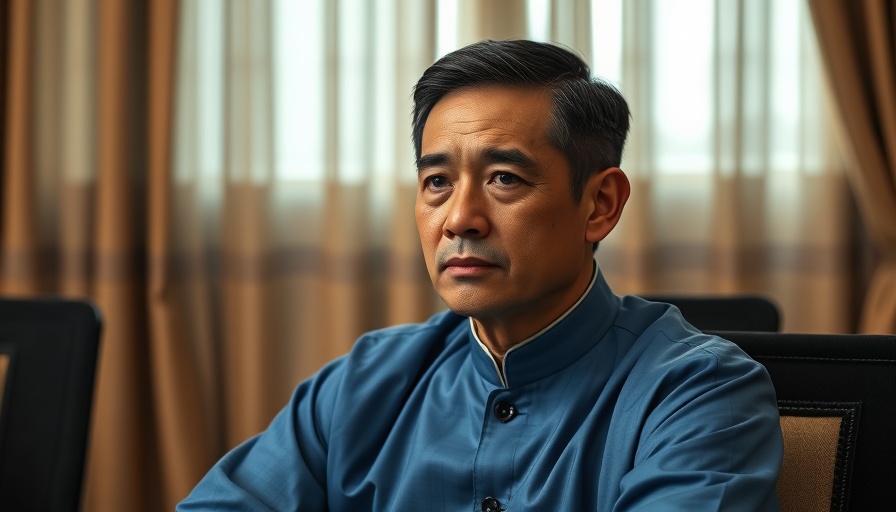
Jacaranda FM's Good Morning Angels Sets a Compassionate Tone for Women’s Month
As South Africans usher in Women’s Month this August, Jacaranda FM’s Good Morning Angels initiative has taken a momentous step by donating over R227,000 to empower three remarkable women facing substantial life challenges. Collaborating with LottoStar, this outreach aims not only to provide financial assistance but also to restore dignity and hope to women who demonstrate incredible resilience in their everyday lives.
Highlighting the Heroes: The Impact of the Donations
The funds raised are purposefully allocated to women who embody strength and selflessness—qualities that many can relate to in their daily struggles. The donations encompass life-altering support for individuals like eight-year-old Zelné Potgieter, whose rare liver condition presented a challenging ordeal for her single mother, Annetjie. Despite their tough financial situation, they managed to raise R131,000 towards Zelné's surgery, which costs over R209,000. Thanks to Good Morning Angels and LottoStar, plans are in place for Zelné's operation on 19 August, allowing her to embark on a healthier, pain-free life.
Restoring Hope for Future Leaders
Another shining example of this initiative's impact is Miss X, a dedicated 26-year-old aspiring teacher battling severe endometriosis. With debilitating pain impacting her quality of life and career, the hope for treatment seemed dimmer due to her lack of medical aid. However, Good Morning Angels stepped in, raising R100,000 necessary for her surgery, giving her a chance to reclaim not only her health but her dreams of inspiring future generations.
Empowering Women Through Medical Support
Lerato Dibe, a 37-year-old barista, faced severe vision impairment that was greatly affecting her ability to provide for her family. After an anonymous customer’s generous donation and the contributions from Good Morning Angels, the funds were secured for her lens transplant surgery, which promises to drastically improve her eyesight. The initiative also included additional support to help cater to her family's needs during her recovery.
Connecting Communities: The Broader Message
According to Martin Bester, the host of Breakfast with Martin Bester, this movement represents countless South African moms, daughters, and sisters who handle immense responsibilities with grace. This celebration of unity and compassion not only kicks off Women’s Month but also showcases the power of community support and love in action.
Positive Trends in Local Community Support
This initiative aligns with broader social trends in South Africa, where community outreach is gaining traction, particularly among local businesses and organizations aiming to give back. With growing interest in platforms like Idols SA and thriving streaming services like Showmax, there’s an evident increase in collaborations that empower and showcase local talent while addressing social issues. Such campaigns stir a wave of solidarity that extends beyond financial support, prompting a reevaluation of resources within the community.
Conclusion: Encouraging Continued Humanitarian Efforts
As South Africans reflect on the strides made in women’s health and empowerment, it’s a reminder that positive change is achievable when communities rally together. With events like this, larger movements for societal support and compassion continue to flourish. Let’s all consider how we can contribute to these positive efforts—be it through support, funding, or simply sharing stories to inspire others. Engaging with community programs is essential, and selflessly giving back can spark a ripple effect, shaping a better future for all.
 Add Row
Add Row  Add
Add 




Write A Comment